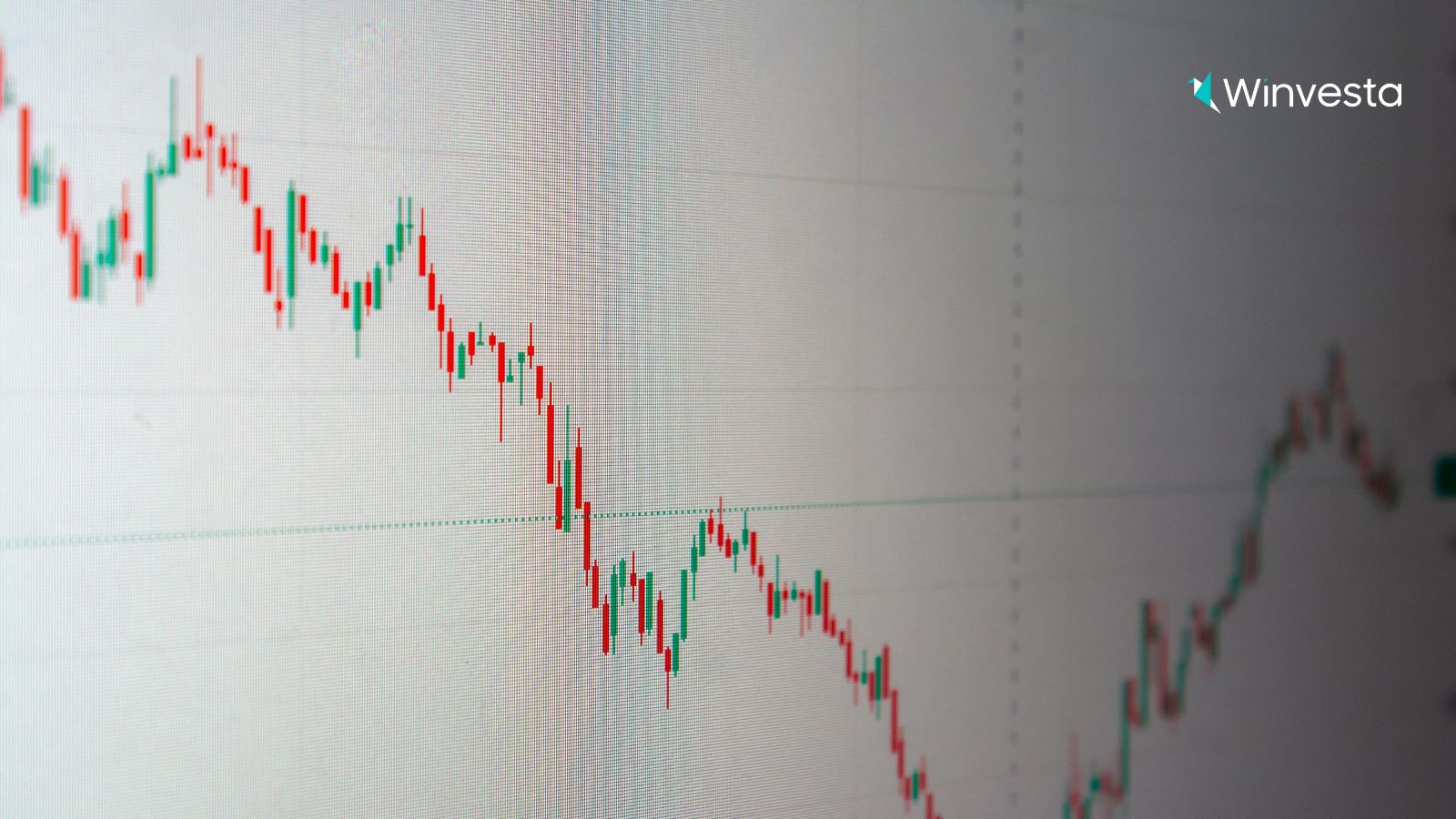Contents
10 Common Mistakes to Avoid When Investing in Global Stock Markets
3 minutes read
14 May 2024

Investment mistakes can cost you money, and that’s why you must try to avoid them. Successful investing is not just about selecting the right stocks. One must also avoid simple mistakes that might undo all the previous hard work.
In his recent book “The Psychology of Money,” Morgan Housel modifies a quote from the great Napoleon while talking about investing:

During the stock market collapse in early 2020, many investors witnessed what impatience can lead to as they started liquidating their portfolios. The markets bounced back and then broke previous highs quickly after the collapse, rewarding the investors who had the patience and planned well.
We cover ten such common mistakes to avoid when investing in the global stock markets.
10 Mistakes to Avoid When Investing in Global Market
#1 Lack of Investment Goals
One of the most common mistakes while investing in international stock markets is a lack of proper investment goal. You need to articulate your investment objective and deploy the best tools to achieve these objectives. The goal can be anything – saving up for your child’s foreign education, creating a retirement fund, or just hedging your USD expenses. The important thing is to plan appropriately.
#2 Trying to Time the Market
Another common mistake in stock trading is trying to time the market. It’s challenging to time the market, and even seasoned investors often fail to do it right. A famous study (Determinants of Portfolio Performance) on American Pension Fund Returns showed that around 94% of the portfolio’s returns result from correct asset allocation, not from market timing or individual stock selection.
#3 Don’t Just Pick Stocks. Asset Allocation is Equally Important
Several research studies show that asset allocation is the key to a successful investment portfolio. However, investors make a common mistake focusing on picking individual stocks instead of doing proper asset allocation. So instead of choosing the next hot stock, you should aim to correct the asset allocation first.
#4 Thinking Historical Returns as Measure for Future Performance
One of the most common mistakes while investing is relying on historical returns. Past results are often not accurate indicators of future performance. For long term investors, predicting the market is not practical, and they should not attempt to do so either. The goal should be to build a portfolio with a long-term investment horizon, with historical performance only serving as risk indicators for an asset.
#5 Lack of Patience
Successful long term investing is 1% action and 99% patience. However, many investors lack that patience and end up continually tinkering with their portfolios. To have a disciplined approach, you must look beyond the short-term volatilities and concerns and concentrate on the market’s long-term growth potential. Market fluctuations are bound to happen. However, it’s crucial to stay the course and stay invested if feasible.
#6 Waiting to Get Even
Waiting to get even is another common mistake you must avoid while investing globally. Getting even means you are waiting to trade a losing stock until it returns to its initial price. Behavioral finance labels it a “cognitive error,” meaning that you are losing in two ways by failing to accept a loss. First is by not selling the dropping stock, which may slide even further and become worthless. Secondly, you are losing out on an opportunity to use that investment money on something better. Ask yourself a question – “Would I buy that stock today?”, and if the answer is no, then you should not continue holding it.
#7 Forgetting to Match Investment Style with Personal Objectives
It helps to remember that one size doesn’t fit all. It would be unreasonable to pursue an investment strategy that doesn’t suit your investment goals. The idea is to find a method that can honor your risk tolerance, objectives, and resources.
#8 Relying on Emotions
There are several biases at play when you make an investment decision. Relying on emotions in a volatile market is another common investment mistake. If you cannot wait to buy or sell a stock for a few days, you are probably making an emotional decision. You should not rush your investment decisions because you “felt” like it. The fewer feelings you involve in the market, the better.
#9 Falling in Love with a Stock
Often, when you see a chosen stock doing well, you may end up investing further in it. Nothing wrong with that, but be careful not to neglect other asset classes, opportunities, and your investment objectives.
#10 Over Diversify
Diversification is a great risk management tool when used properly. It offers value when assets have different risk profiles and have low correlation. For instance, while diversifying a US stock portfolio, you can think of adding unrelated assets like equity, bond funds, commodity ETFs, and gold stocks, etc. However, over diversifying can be suboptimal. For instance, adding US equity ETFs to a diversified US stock portfolio may not make sense.



